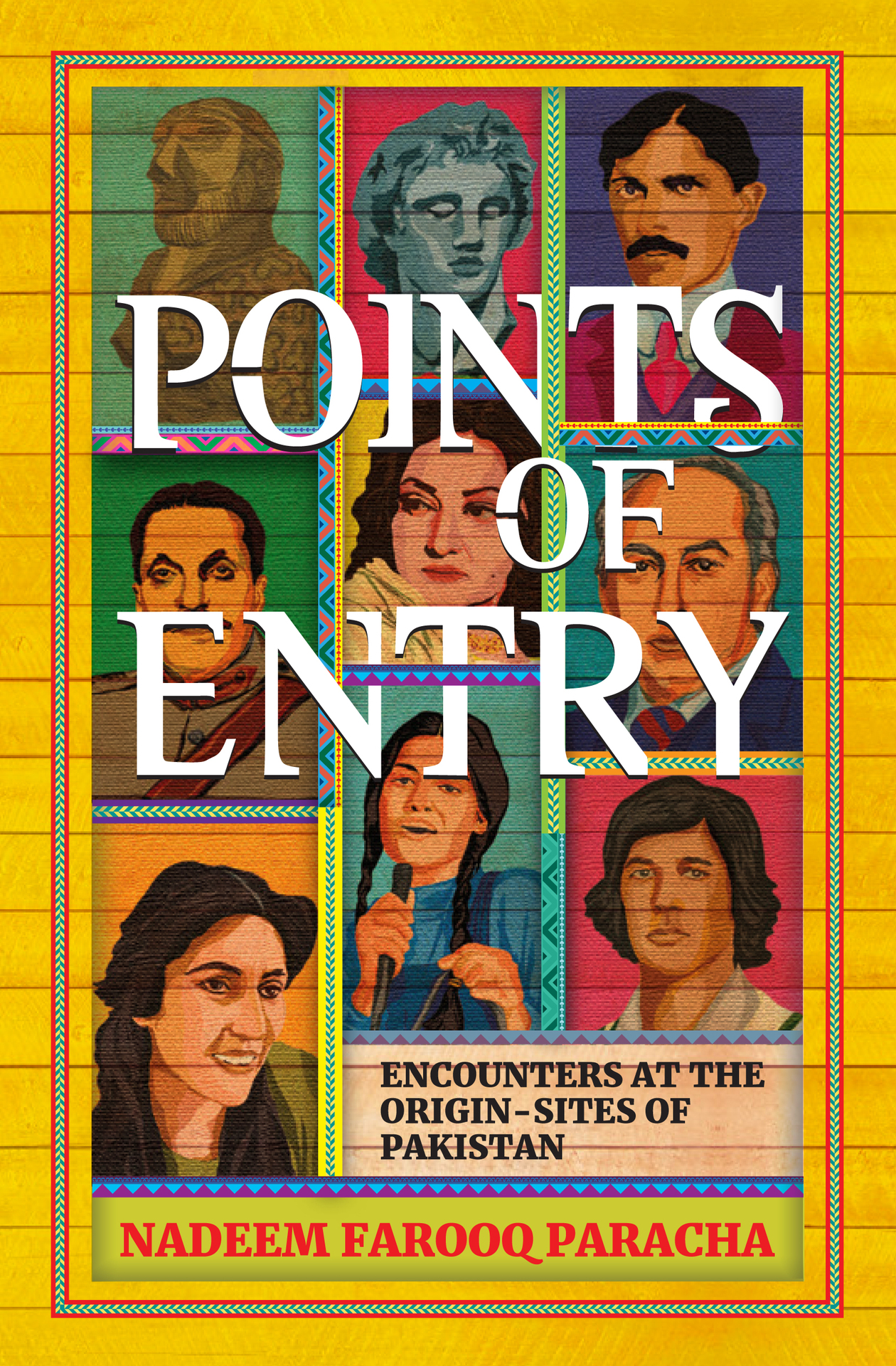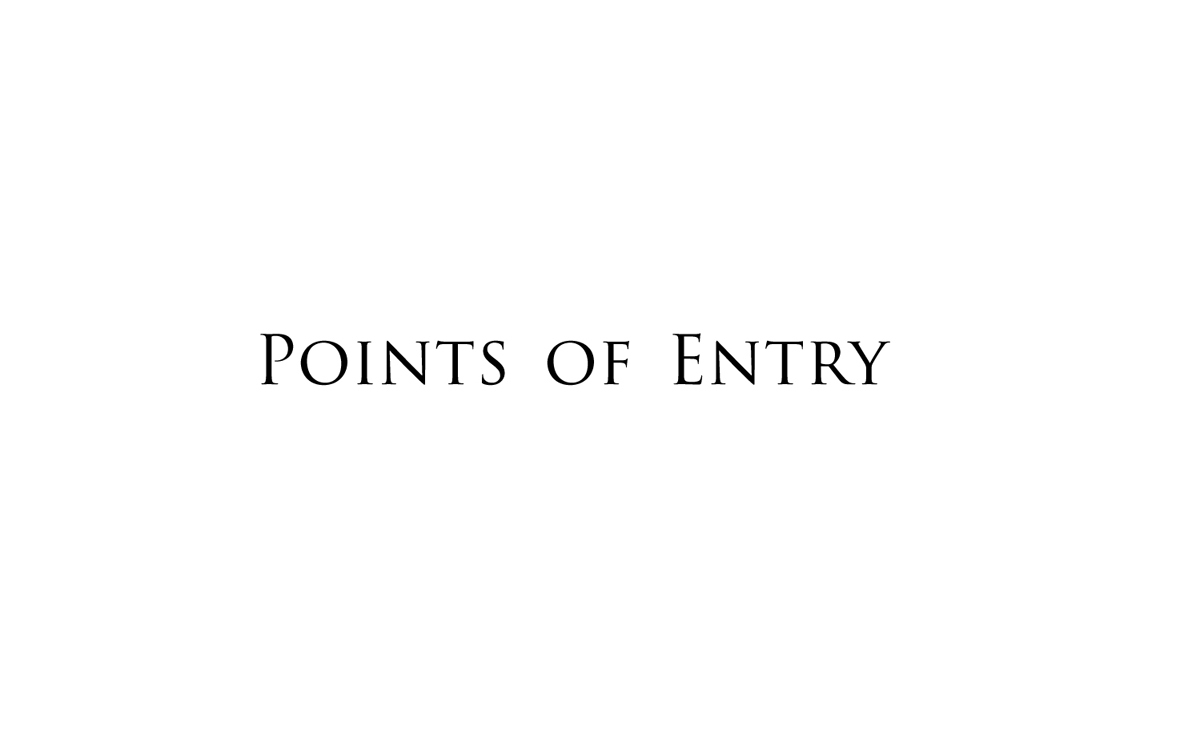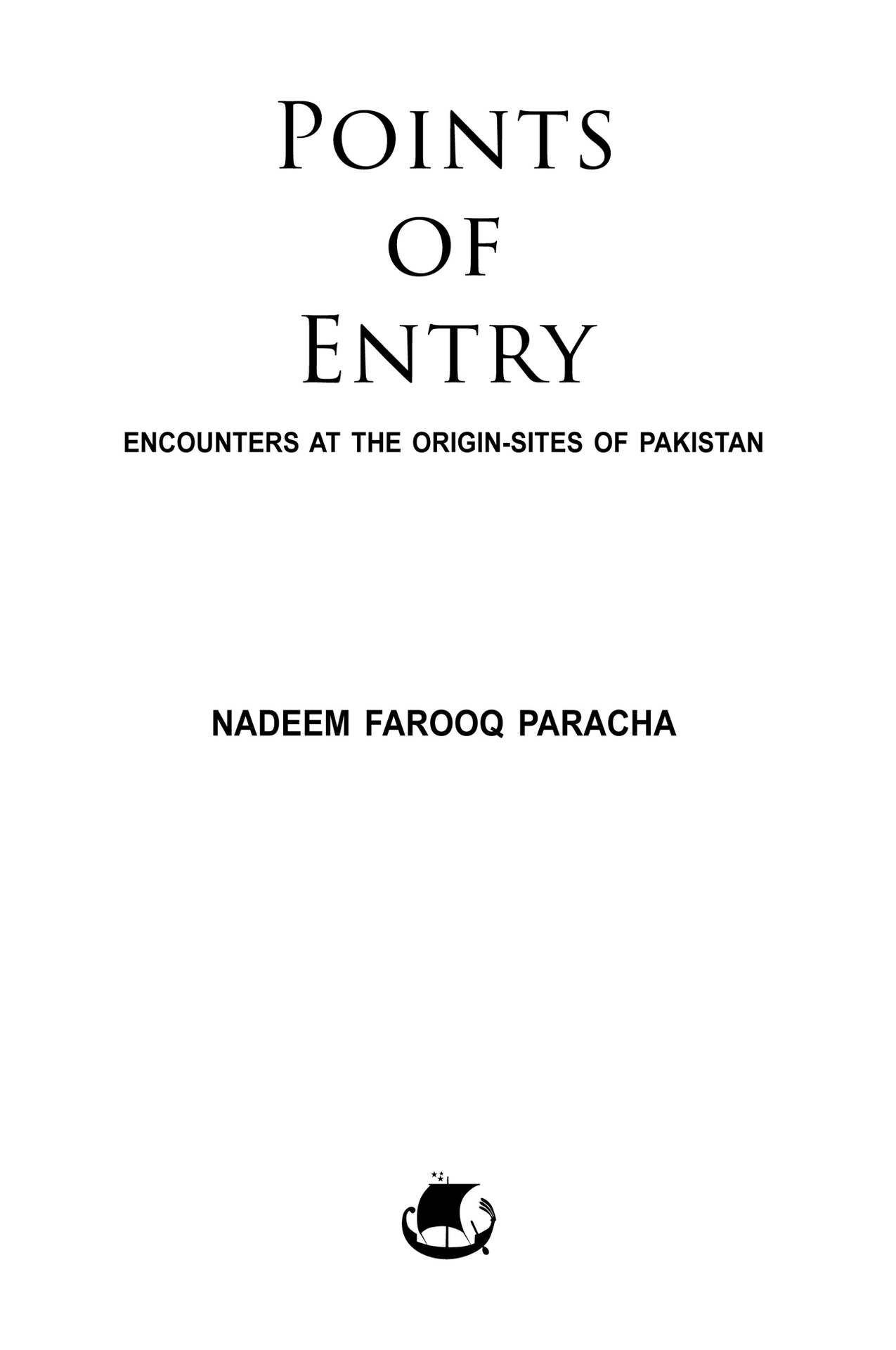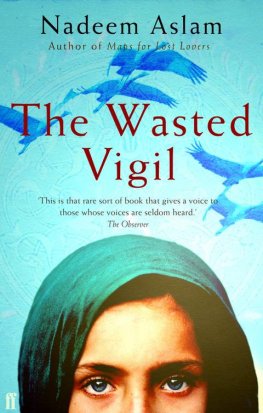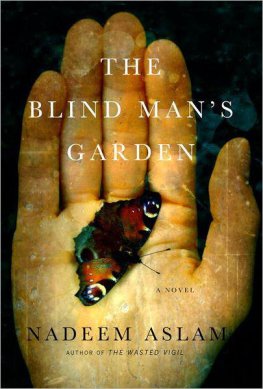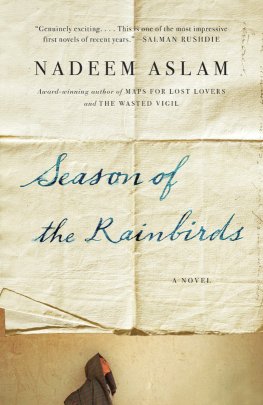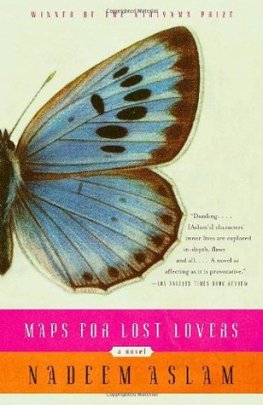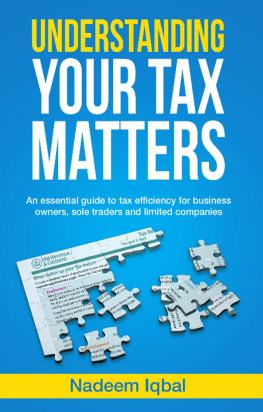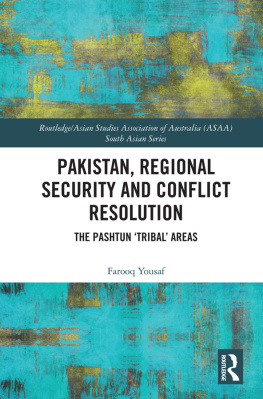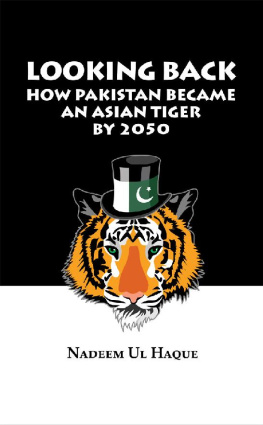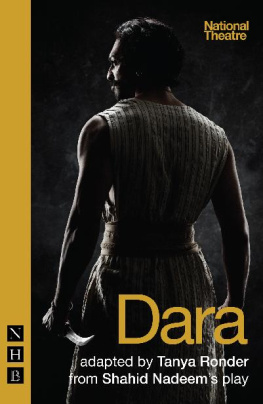First published by Tranquebar, an imprint of Westland Publications Private Limited, in 2018
61, 2nd Floor, Silverline Building, Alapakkam Main Road, Maduravoyal, Chennai 600095
Westland, the Westland logo, Tranquebar and the Tranquebar logo are the trademarks of Westland Publications Private Limited, or its affiliates.
Copyright Nadeem Farooq Paracha, 2018
ISBN: 9789387578296
The views and opinions expressed in this work are the authors own and the facts are as reported by him, and the publisher is in no way liable for the same.
All rights reserved
Typeset in Sabon Roman by SRYA, New Delhi
No part of this book may be reproduced, or stored in a retrieval system, or transmitted in any form or by any means, electronic, mechanical, photocopying, recording, or otherwise, without express written permission of the publisher.
3 June 1947: The British colonial government decides to bifurcate India into two sovereign countries: Pakistan and India.
11 August 1947: Pakistans first Constituent Assembly is formed. In his first speech as Governor-General, Pakistans founder, Muhammad Ali Jinnah, describes the new country as a progressive and modern Muslim-majority state where the state will have nothing to do with a citizens religion.
14 August 1947: Pakistan comes into being as a sovereign dominion of the British Crown. The country has two wings: multi-ethnic West Pakistan and Bengali-majority East Pakistan. Both the wings are separated by a distance of 2,000 kilometres. In between lies India (formed 15 August 1947).
2 February 1948: Urdu (which is spoken by just 10 per cent of the countrys population) is declared as Pakistans national language. This triggers riots in East Pakistan.
11 September 1948: Jinnah passes away.
12 March 1949: The Constituent Assembly passes an Objectives Resolution which resolves to author a Constitution that will be according to the dictates of Islam. The Hindu, Sikh, Christian and progressive Muslim members of the Assembly describe the resolution as a betrayal of Jinnahs vision. Prime Minister Liaquat Ali Khan assures them that Pakistan will become a democratic and inclusive Islamic Republic and not a theocracy.
4 January 1950: Pakistan becomes one of the first countries to recognise communist China (formed in 1949).
March 1951: The economy enjoys a spike when Pakistan becomes a major exporter of jute (and other agricultural products) to the American troops fighting a war in Korea.
May 1951: A senior officer of the Pakistan Army, some junior military and police officers and intellectuals belonging to the Communist Party of Pakistan (including famous Urdu poet Faiz Ahmad Faiz) are arrested. They are accused of plotting a communist coup against the Liaquat government.
16 October 1951: Liaquat Ali Khan is assassinated by a disgruntled Pushtun nationalist.
12 March 1952: The economy begins to recede as the Korean War winds down. Four princely states agree to become part of Pakistans Balochistan province.
October 1952: Pakistan cricket team plays its first-ever Test series against India (in India). Pakistan lose 2-1.
February-May 1953: Riots erupt in the Punjab province as far-right religious parties begin a movement against the controversial Ahmadiyya sect. The protesters demand the sects ouster from the fold of Islam. The movement is crushed by the military. The government rejects the demands of the agitators. Two religious leaders, Abul Aala Maududi and Abdul Sattar Niazi, are sentenced to death for inciting violence against the state. The sentence is later changed to life imprisonment.
23 January 1954: A high-level inquiry report on the anti-Ahmadiyya disturbances is released. It accuses the former Punjab Chief Minister Mumtaz Daultana of fanning the riots (for political purposes). It also holds religious leaders responsible and suggests that they are dogmatic, myopic and a threat to the State.
8-12 March 1954: The countrys ruling party, the centrist Muslim League, is routed by an alliance of socialist, centre-left and moderate right parties in the East Pakistan Legislative Assembly elections.
1 January 1955: The countrys national airline, Pakistan International Airlines (PIA), is launched.
17 January 1955: Controversial Urdu short-story writer, Sadat Hassan Manto, dies of liver failure brought on by years of alcoholism.
23 March 1956: The Constituent Assembly authors and passes the countrys first Constitution. Pakistan becomes a republic. The Constitution declares it to be an Islamic Republic. The countrys first general elections are to be held in 1958.
24 July 1957: Leading Bengali, Sindhi, Baloch and Pushtun ethno-nationalists and leftist Punjabis and Urdu speakers form the National Awami Party (NAP). Its main demands are a neutral foreign policy, provincial autonomy and a socialist economy.
17 July 1958: As the Urdu film industry expands, the first version of Pakistans Oscar awardsthe Nigar Awards are introduced.
7-27 October 1958: Citing political chaos and rising corruption, President Iskandar Mirza dissolves the National Assembly. With the support of military chief Ayub Khan, he imposes Martial Law for the first time in Pakistan. He also suspends the Constitution describing it as the peddling of Islam for political gains. Seventeen days later, Ayub topples Mirza and becomes the Chief Martial Law Administrator and President. He promises to make Pakistan a modern and progressive Muslim-majority country as per Jinnahs vision. All political parties are banned.
8 May 1959: The government bans Pakistans first art film Jago, Hua Savera (Wake Up, Its Dawn). The film is scripted by Faiz Ahmad Faiz and is socialist in content.
1960-62: The Ayub regime introduces various economic, political and social reforms. As parties on the left are suppressed, those on the right (especially the religious outfits) are aggressively sidelined. Pakistan enjoys a period of political stability and unprecedented economic growth. Rapid industrialisation takes root. Pakistan becomes a staunch ally of the United States.
8 June 1962: Ayub becomes chief of his own faction of the Muslim League (Muslim League-Convention). Political parties are restored and the new National Assembly (dominated by Ayubs party) passes a new Constitution. The Constitution changes Pakistans name from Islamic Republic of Pakistan to Republic of Pakistan.
2 March 1964: Jamat-i-Islami (JI) is the Ayub regimes fieriest critic. It accuses Ayub of enforcing secularism and undermining Islam. Ayub imposes a ban on JI. However, the Supreme Court overturns the ban.
26 November 1964: The countrys first-ever TV station is inaugurated.
1 February 1965: Ayub is re-elected as President.
August-September 1965: A land and air war with India ends in a stalemate.
November 1965: The government bans the exhibition of Indian films in Pakistani cinemas.
19 March 1966: Urdu film Armaan (Longing) is released. It would go on to become Pakistans biggest box office hit till 1977s Aaina (Mirror). Pakistans film industry begins its commercial and creative ascent. A song from the film, Koko Korena (sung by Ahmad Rushdi), becomes the countrys first major Urdu pop hit.

